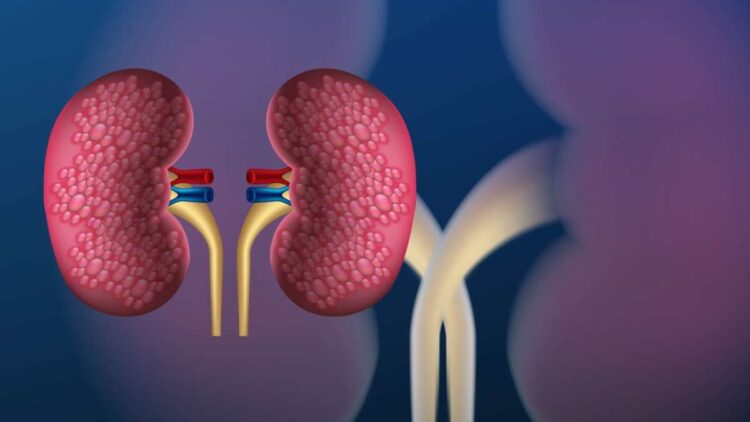How is kidney cancer detected? Warning signs to look out for and available treatments
Kidney cancer is a serious urological disease, so it’s important to raise awareness about it and the available treatment choices. Kidney cancer, also known as renal cancer, is a serious illness that must be identified in order to be properly treated and caught as soon as possible. It occurs when abnormal cell proliferation results in tumor formation inside the renal tissue. Even though symptoms may not always be evident at first, recognizing certain indicators may aid in an early diagnosis and course of therapy.

Which symptoms and indicators correspond to kidney cancer?
Dr. Tushar Aditya Narain, Senior Consultant in Urologic Oncology and Robotic Surgery, Max Smart Super Specialty Hospital, Saket, New Delhi, says that while basic checks and screenings often reveal kidney cancer, common symptoms should not be ignored. Kidney cancer symptoms include fever, low blood counts (anemia), bone pain, hematuria (blood in the urine), unexplained weight loss, and abdominal discomfort, particularly on one side of the body (flank). Regular health check-ups are crucial for early detection since many people may not exhibit symptoms at first, particularly smokers and those over 50.
Options for kidney cancer therapy: An early diagnosis is essential for both effective kidney cancer treatment and improved patient outcomes. Nowadays, most tumor diagnoses are discovered after an ultrasound scan is performed for an unrelated reason. A CT or MRI scan is used to determine the precise characteristics of the tumor, as well as its size and location.
The stage of the illness and the overall health of the patient both influence the treatment plan for kidney cancer. For locally limited diseases, surgery is the primary therapeutic option; however, for globally metastatic diseases, immunotherapy and targeted therapy are also necessary in addition to surgery. Larger tumors need total kidney removal, while smaller tumors may be surgically removed while leaving the remainder of the kidney intact, as in the case of partial nephrectomies. The use of robotic-assisted surgery (RAS) in the treatment of kidney cancer is one noteworthy advancement. With the help of this cutting-edge technology, surgeons may carry out complex surgeries with more accuracy and less intrusiveness. Surgeons may operate specialized devices via a console using robotic systems like da Vinci, which leads to smaller incisions, less bleeding, and quicker patient recovery. Kidney cancer surgery has been transformed by RAS, which provides patients with better results and a higher quality of life with less blood loss, scarring, and shorter hospital stays.
Remember that your health should come first, so don’t be afraid to seek medical attention as soon as you detect any troubling symptoms or changes in your well-being.







